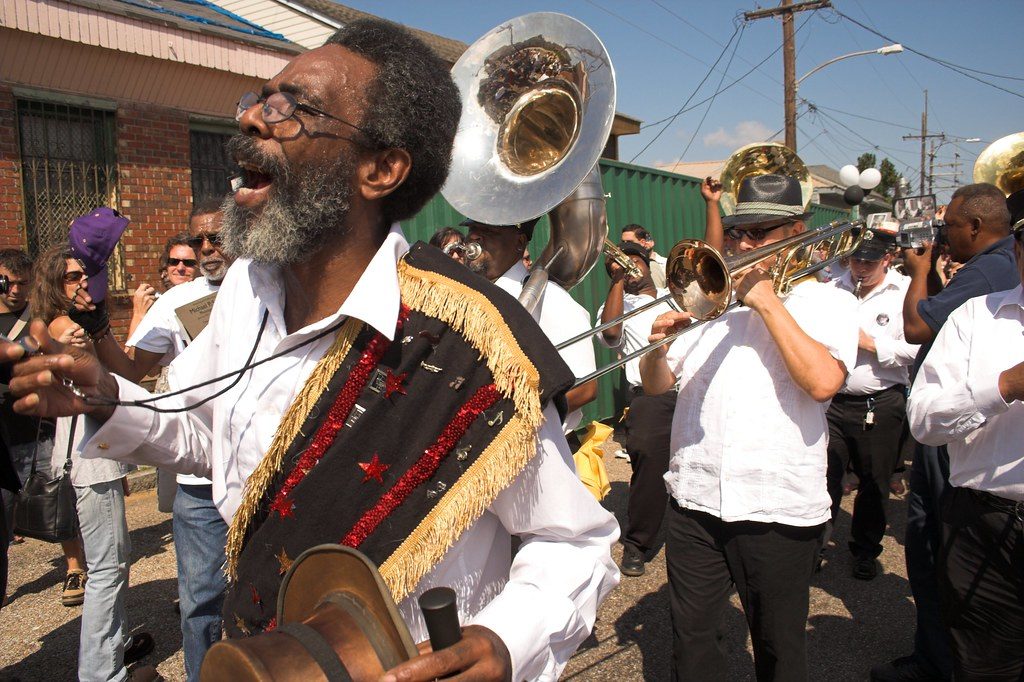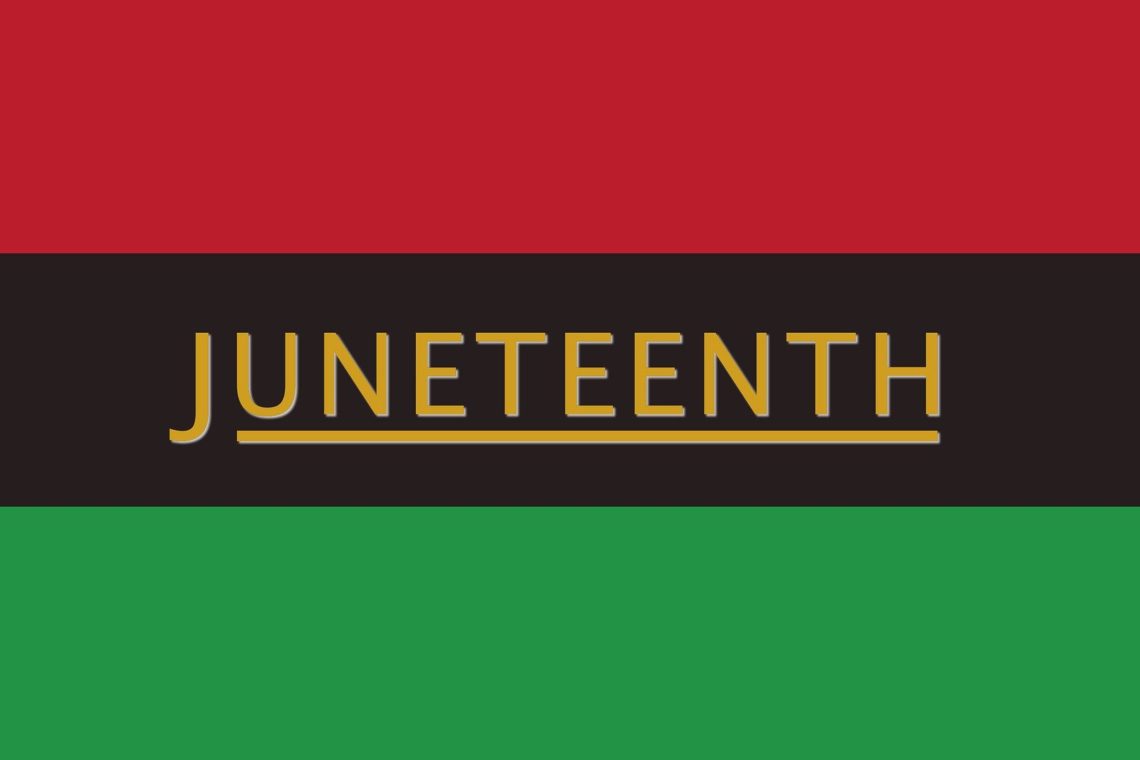I didn’t post last week. There was just a lot going on and I got overwhelmed. Eventually, I will backdate a post, though in the post it will be made clear that it is backdated. Like all the podcasts I’m listening to that recorded weeks ago and have to put in new intros or have chosen not to post all together.
This week I want to talk about Juneteenth. I, a Black American Non-Immigrant, had never heard of this holiday until I moved to Texas in the late nineties. When I brought home tales of this holiday the consensus of my Black family and friends was, “Why would people want to celebrate that?”
To those as ignorant as I was back in the twentieth Juneteenth, also called “Juneteenth Independence Day,” “Freedom Day”, or “Emancipation Day”, is the oldest nationwide celebration of the ending of slavery in the United States. It stems from the events of June 19, 1865, when Union Gen. Gordon Granger arrived in Galveston, Texas to tell African Americans held in slavery that they were free.
General Order Number 3 was read by General Granger to the people of Texas. It began:
“The people of Texas are informed that in accordance with a Proclamation from the Executive of the United States, all slaves are free. This involves an absolute equality of rights and rights of property between former masters and slaves, and the connection heretofore existing between them becomes that between employer and hired laborer.”
Those of you with some knowledge of American History may be thinking, “Hey, that doesn’t sound right…” No, it doesn’t. The Emancipation Proclamation* announced by President Abraham Lincoln occurred on Jan. 1, 1863. Two and half years earlier. Lincoln, who was assassinated on April 14, 1865, wasn’t even alive when General Granger strolled into town to deliver this message.
So, why the delay? One legend has it that the messenger sent to announce the news about the Emancipation Proclamation was murdered. Which certainly seems plausible. Another school of thought is that since the war was ongoing spreading knowledge about the Emancipation Proclamation wasn’t a priority for Union troops. Most put the date of the ending of the Civil War on April 15, 1865 when the Confederates lost the Battle of Appomattox Court House and General Robert E. Lee surrendered his Army of Northern Virginia to Union General Ulysses S. Grant. Yet another thought on the lag time is that there were not enough Union troops in Texas to enforce the Emancipation Proclamation until June, 1865. Regardless of what actually happened, the result was that Black people remained enslaved in Texas for two and a half years after they’d been legally granted the freedom that was always theirs, always ours.
My family’s and my own reaction as to why Juneteenth would deserve commemoration stem from the fact of the delay. To them, and me at the time, this seemed less a reason for celebration and more something to be enraged and saddened by. And, here’s the thing, yes, things moved more slowly back then. But there is not a chance in hell you will get me to believe that those who claimed ownership over the bodies they were so eager to break remained ignorant of the Emancipation Proclamation and what it entailed for all that time. Slavery always lacked a moral mandate but for two and a half years without legal standing these slavers knowingly raped and pillaged Black people. Sounded like bullshit to me.
And it still does. I simply cannot bring myself to see Juneteenth as a day only of exuberant celebration. It’s a personal thing. Probably has to do with my issues with rumination. Instead of thinking of the finally free my mind is drawn to those who raped and otherwise violated; those who died never knowing freedom. Which is why, for me, the acknowledgement of Juneteenth follows more the traditions of a New Orleans Jazz Funeral. Most people think of Jazz Funerals and think of parades and partying in the streets. That’s part of it. But a Jazz Funeral begins with an acknowledgement of the loss. Carrying traces of African funeral rituals, they begin with the crying, the wailing, of loved ones left behind. They begin with a dirge. Slowly walking the body to the grave. Lowering the deceased into the ground is cutting the body loose so that the soul can fly free. Only then is there celebration. In light of modern realities, realities that have never left us, in acknowledging Juneteenth it is just as important to respect the injustices of the past as it is to mark the huge strives the descendants of those enslaved have made against a system that is still designed to keep us down.

*I don’t want to go into whether or not the Emancipation Proclamation freed all slaves or only those slaves living in states not under Union control.
https://acwm.org/blog/myths-misunderstandings-emancipation-proclamation/
If you want to have a more traditional celebration Juneteenth tended to focus on education and self-improvement, the hallmarks of conservative Black folks. And nothing wrong with that. Prayer was usually involved. Traditional foods include those that crossed the Atlantic Ocean in the minds and hearts of enslaved persons. This includes red drink, which food historian Adrian Miller posits references ancestral, red drinks. Also, barbecue with the barbecue pit becoming a base for celebrations. Dressing up was also important, especially in the early days. Not only did the formerly enslaved leave behind their tattered rags but Free Black people were released from the layers of codes that restricted, among many things, what they could wear.
The celebration of Juneteenth experienced a lull in the early twentieth but began a comeback with the fight for Civil Rights back in the 60s. Here, in 2020, especially now, most people have at least heard of it. It is being talked about in mainstream media and being embraced by a variety of communities and organizations throughout the US. Today it is a celebration of the freedom and achievements of those whose ancestors were bound by this country. Also check out https://www.juneteenth.com/, which is where some of this information comes from.
I do want to note that most Black American Non-Immigrants celebrate state holidays in the US a bit differently than the rest of the population. From a different angle, as it were.
